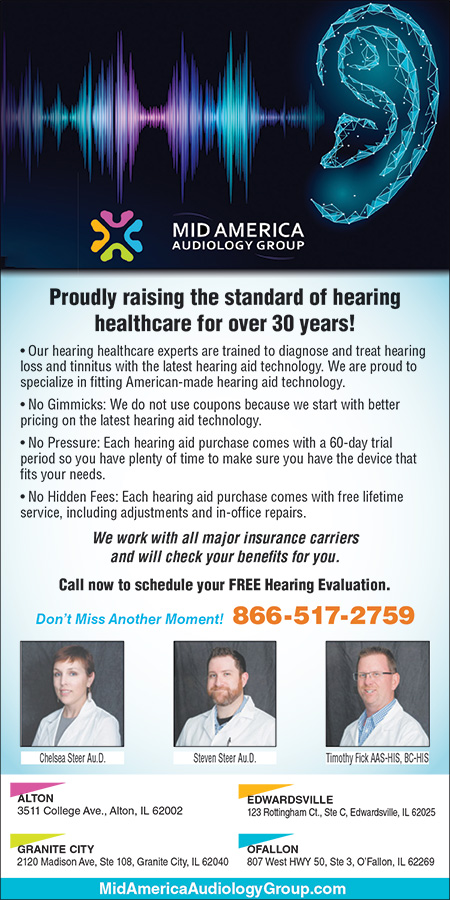Don’t let the pandemic stop you from getting help for heart, stroke emergencies
 Although COVID-19 has changed the world, it hasn’t changed the fact that hospitals are the safest place to be if there’s a heart attack, stroke or other medical emergency. But Dr. Phillip L. Coule, vice president and chief medical officer at the Augusta University Health System in Georgia, said admissions in his hospital were down by 25 to 40 percent.
Although COVID-19 has changed the world, it hasn’t changed the fact that hospitals are the safest place to be if there’s a heart attack, stroke or other medical emergency. But Dr. Phillip L. Coule, vice president and chief medical officer at the Augusta University Health System in Georgia, said admissions in his hospital were down by 25 to 40 percent.
“Some of that appears to be driven out of fear,” he said in a press release from the American Heart Association.
“Certainly, some of it is driven out of canceling elective cases, delaying procedures and things like that. But I’m quite certain that there is a component that is driven out of people not seeking health care because they’re concerned about the potential of becoming infected with COVID-19.”
That’s a bad idea, he said. “The risks posed by ignoring heart attack and strokes are far greater than the risks posed by COVID-19 and seeking health care.”
That holds true even in cities where the virus has hit hard, said Dr. Alice Jacobs, professor of medicine at Boston University School of Medicine, and vice chair for clinical affairs in the department of medicine at Boston Medical Center.
Fast care is the key to survival, she said. “The relationship between opening the blocked artery causing the heart attack and the chance of dying is measured in minutes.” And hospital workers need extra time now to allow for coronavirus safety measures.
Delaying the 911 call that gets you to the hospital can be dangerous — even deadly. Here’s why the coronavirus shouldn’t make you hesitate or doubt you need emergency help:
- Hospitals are following infection control protocols to sanitize, socially distance and keep infected people away from others. In fact, many hospitals have separate emergency rooms, operating rooms, cardiac catherization rooms and ICUs for people with COVID-19 and for those people suspected to have the disease. Patients are often being met by workers in full protective gear as a precaution, and family member access is restricted.
- Calling 911 immediately is still your best chance of surviving an emergency. It is safe for everyone to call 911. It is safe for anyone to go to the hospital in an emergency. U.S. hospitals are no longer overwhelmed by COVID-19. You shouldn’t worry about the system being able to provide adequate care.
- Emergency room workers know what to do, even when things seem chaotic. Emergency rooms have made plans to ensure adequate staffing and keep patients and workers safe. This is their specialty and their strong suit; hospital workers are trained in disaster readiness and to get the job done in any situation.
- Year in and year out, heart disease and stroke are the top two killers worldwide. Someone in the U.S. will have a heart attack and someone else will have a stroke every 40 seconds. More than 350,000 out-of-hospital cardiac arrests occur in the U.S. annually. Hospitals know exactly what to do in these instances to save lives.
- Fast care is the key to survival. Minutes matter. People with blocked arteries or clots causing heart attacks or strokes need care quickly. The difference between life and death can be measured in minutes. With so little time to work with, and the extra time needed to ensure coronavirus safety measures, calling 911 quickly is more important than ever.
Call 911 if you or a loved one experiences heart attack warning signs — chest discomfort; discomfort in other areas of the body such as your arms, back, neck, jaw or stomach; shortness of breath; and other possible signs, like breaking out in a cold sweat, nausea or lightheadedness.
If you or a loved one has stroke symptoms, which you can remember with the acronym FAST: Face drooping, Arm weakness, Speech slurring or other difficulty, then it’s Time to call 911.
If you find a loved one or anyone down and unresponsive (with or without a pulse), call 911 and start CPR right away.



Leave a Reply